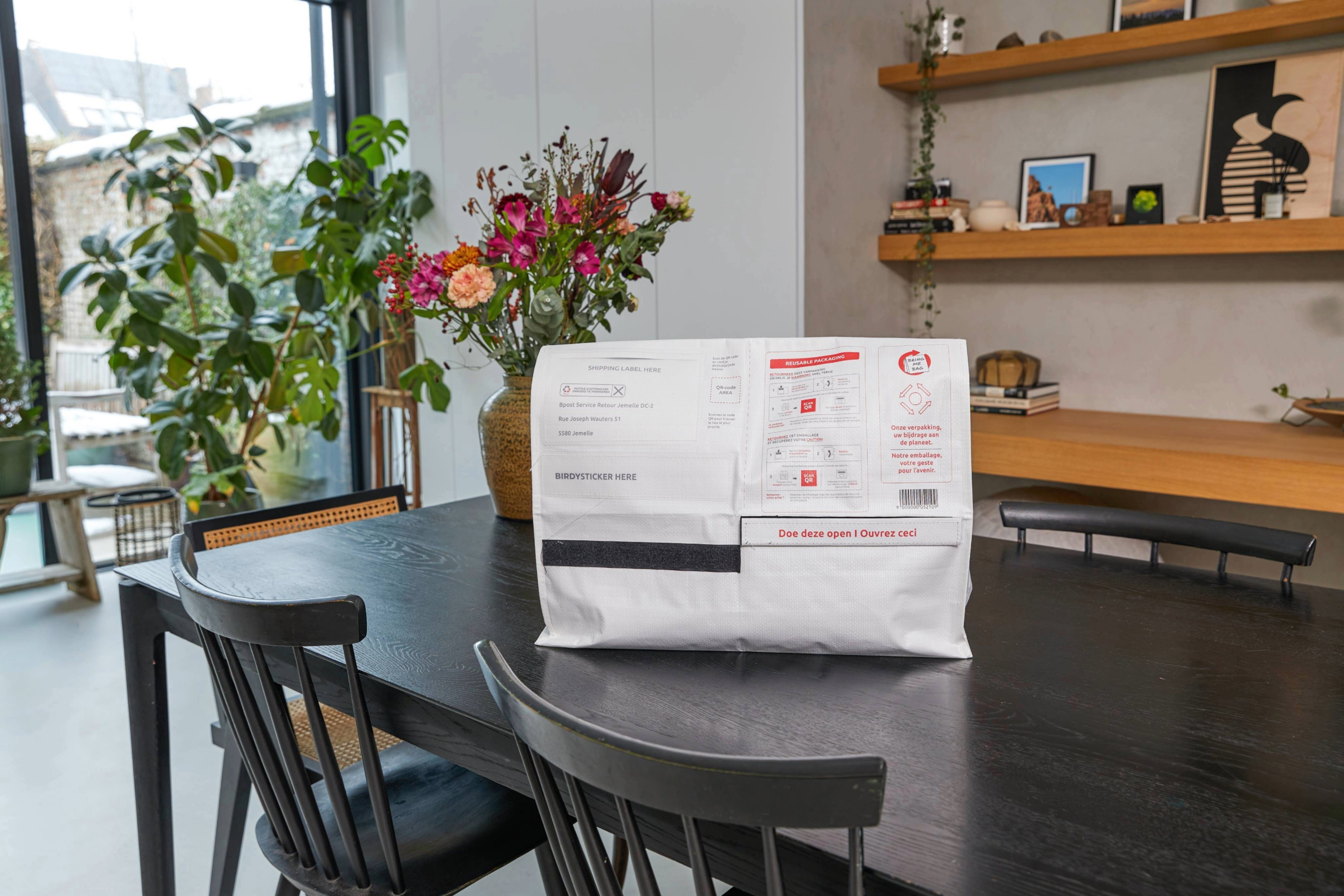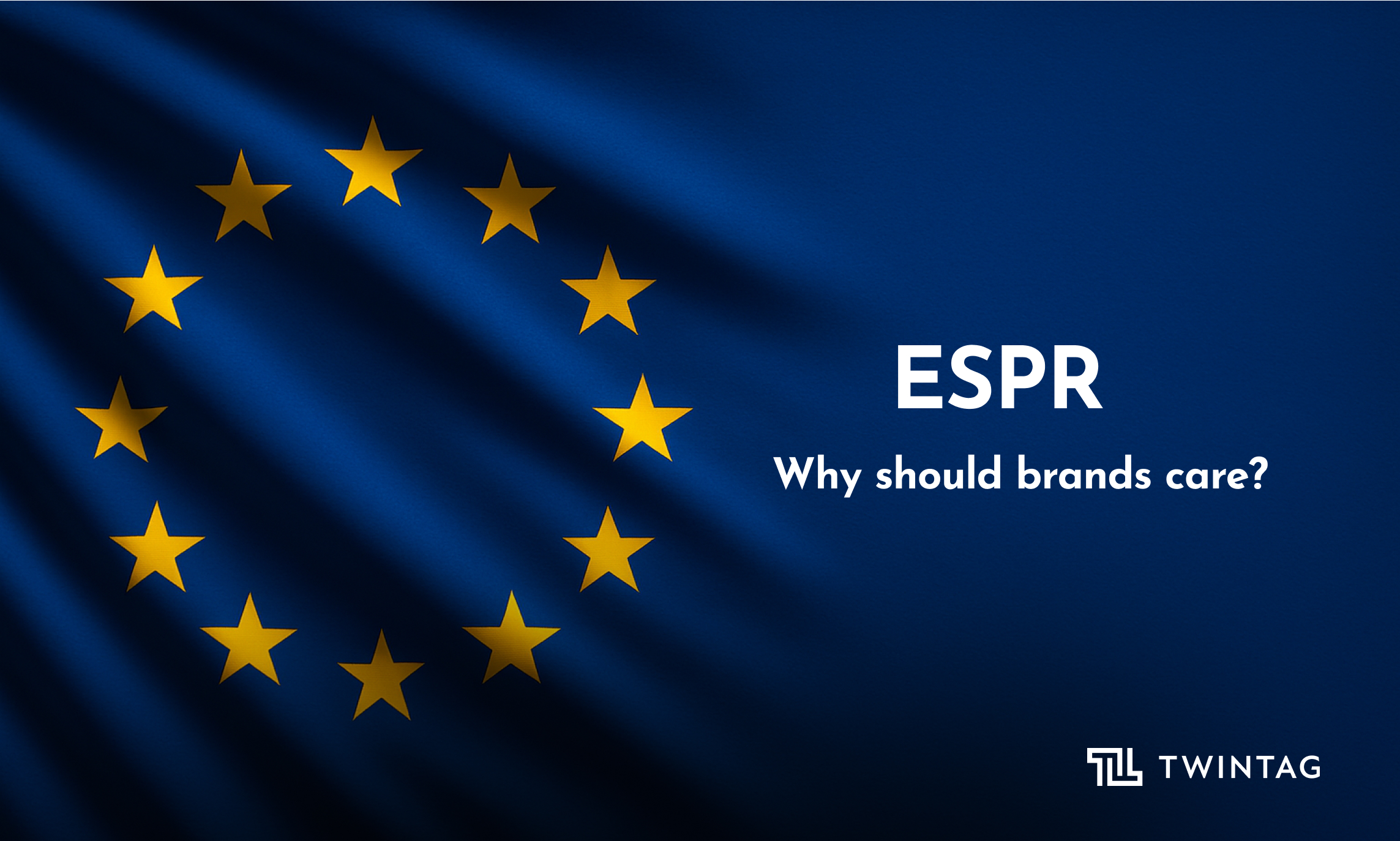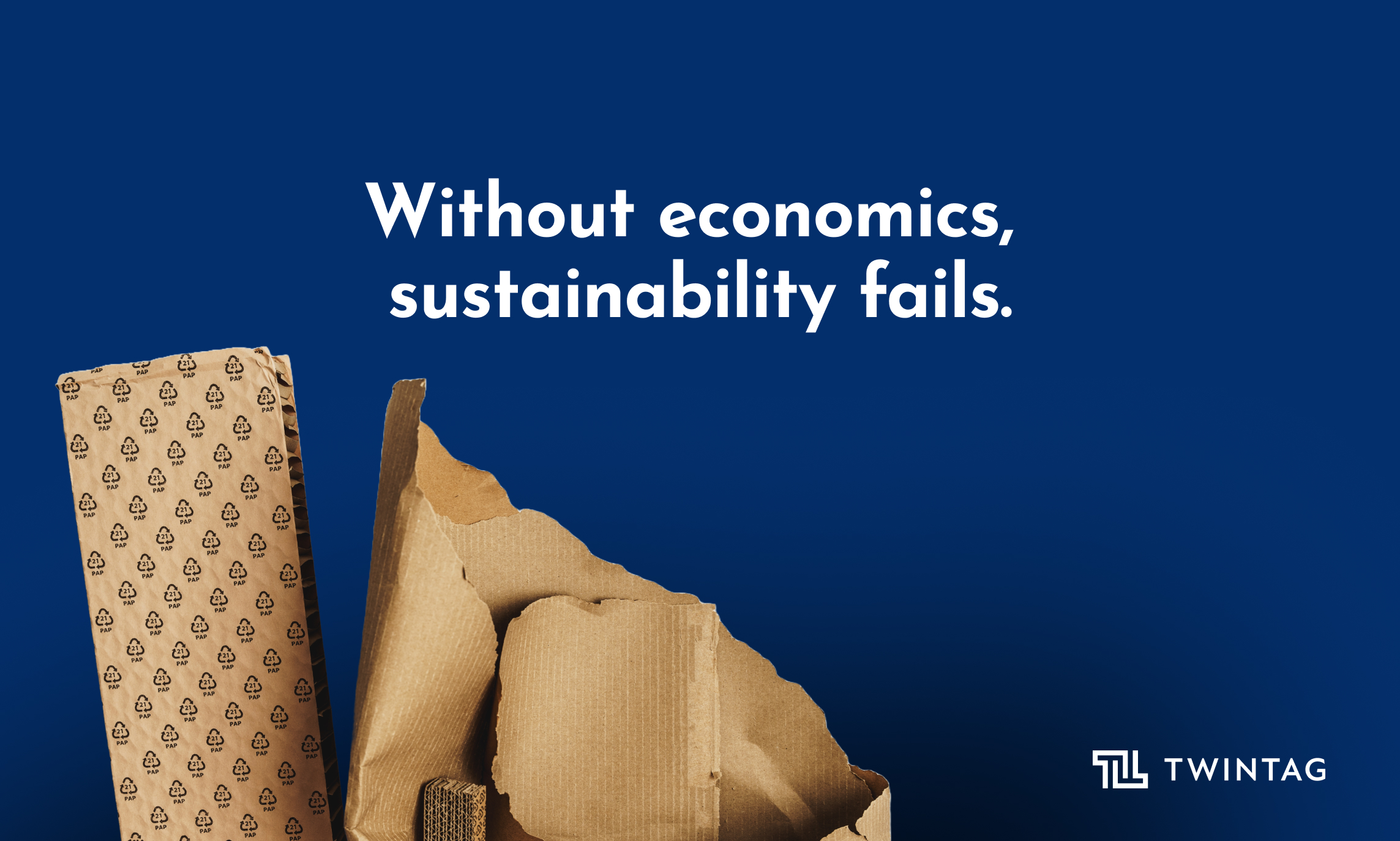Twintag supports innovative COVID-19 saliva tests
Twintag is used as an instant, fully anonymous test communication platform to support the massive COVID-19 saliva test kit effort.
.png)
A group around the biotech company Biogazelle and the medical lab Labo Nuytinck can test thousands of saliva samples daily for the coronavirus.
The Ghent biotech company Biogazelle and the medical laboratory Labo Nuytinck are the key players behind a testing platform that allows thousands of saliva samples from employees to be tested for the coronavirus every day.
'The aim is to help avoid outbreaks in companies and residential care centers,' says Roel Sterken, Biogazelle's CEO. 'A saliva test is slightly less sensitive than the classic diagnostic test with a nasal swab, but is suitable for detecting asymptomatic virus spreaders on a large scale.'
'Such a test is an additional wall of defence against the virus, complementary to the nasal swab and rapid tests.' A saliva test costs one-third of a traditional nasal swab test. Taking a sample can be done without medical personnel.
Saliva testing is only useful if you organize it frequently and at least twice a week.
Twice a week
The saliva testing platform was successfully tested in a pilot study supervised by Professor Steven Callens of Ghent University Hospital. Several companies, elementary school and residential care centers participated.
The study was intended to show whether we could roll out the project logistically. That turned out to be the case," says Sterken. Over 300 participants collected a saliva sample twice a week that was picked up by Inter Healthcare Transport, which specializes in medical transports in the healthcare sector.
The results were communicated the same day to each participant via a secure web portal. This was developed together with the Antwerp data technology company Twintag.
'All these Flemish companies continue to work together,' says Sterken. 'We will perform the molecular tests and process results. Labo Nuytinck will take care of the communication with company doctors and infected people. Such tests only make sense if you organize them frequently and at least twice a week. But everything is done anonymously and on a voluntary basis.
Sterken sees interest in contact professions and in companies where teleworking is difficult to organize. 'We ourselves test our employees twice a week because they have to come to the lab to work. In the pilot study we were able to pick out infected employees at a very early stage in a few companies. There is interest among many to continue using our saliva tests.'
Source: De Tijd, 23 February 2021, 'Our saliva test identifies employees with corona at an early stage'.


-min.png)



